Mozambican peasants vs. the great African land grab
- Huffington Post
- 07 October 2014
"Our land is being occupied without our consultation," say Mozambican peasants.
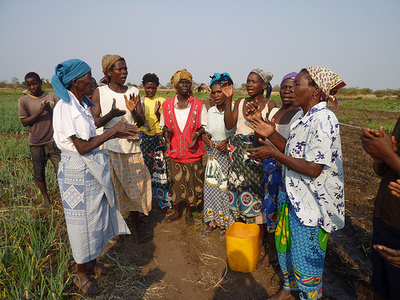
"Our land is being occupied without our consultation," say Mozambican peasants.
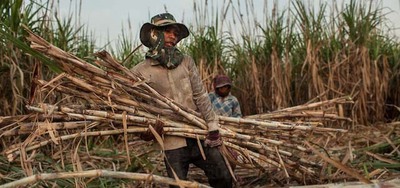
A formal complaint filed to Organization for Economic Cooperation and Development (OECD) against Australian ANZ Bank. The complaint was lodged on behalf of 681 families who were forcibly displaced.

"The buzz has actually been agricultural investment conferences, where about one tenth of the people seem to be people I recognize from the hedge fund circuit."

Inclusive Development International sent a letter of complaint to the Australian Government outlining how ANZ was a part financier of a sugar plantation in Cambodia which saw almost 700 families forcibly evicted.

Niger State Commissioner for Agriculture says Aliko Dangote is coming to Niger State in grand style with a request for 50,000 ha of land in the flood plain bank of River Niger for rice and sugarcane production.
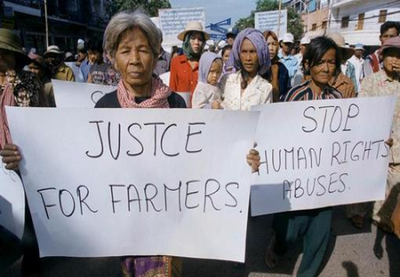
If the Cambodian government is held to account for these crimes, other governments and the companies involved will have to heed the warning and recognise that land grabbing is too big a price to pay for doing business.

GRAIN’s report accuses the Siva Group of land grab in many countries across South America, Africa and Asia
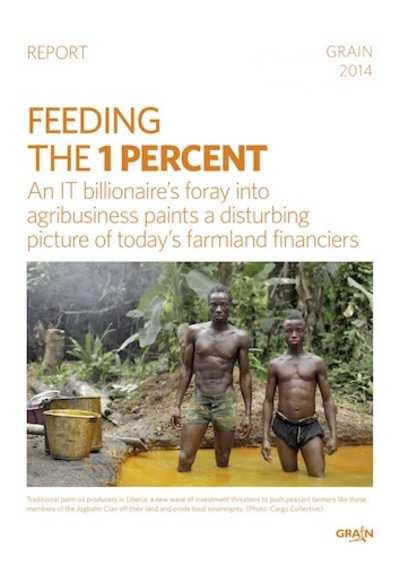
An IT billionaire's foray into agribusiness paints a disturbing picture of today's farmland financiers.
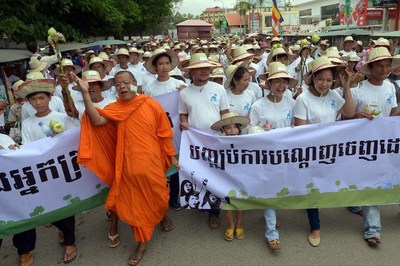
Aid groups estimate that 770,000 people, or 6 per cent of Cambodia's population, have been evicted since 2000, including 20,000 people in the first three months of 2014.
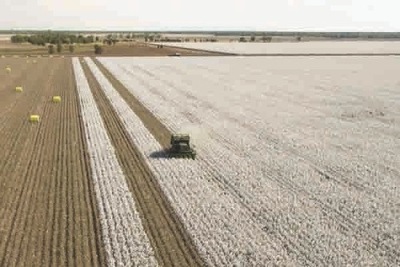
The little known Chinese group Orient Agriculture has emerged as the buyer of a south-west Queensland cropping property Undabri for $30 million, in a further sign of China's growing appetite for Australian farmland.
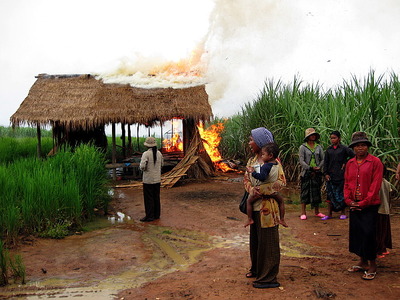
Suspending the imports of sugar and rubber from Cambodia under the EBA arrangement should be the first step that the EU should take until the blatant abuse of human rights is halted.
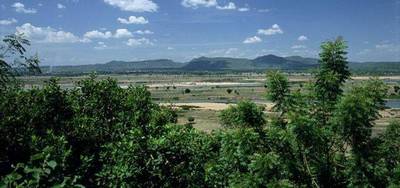
The Dangote Group had indicated interest in investing in irrigation around Kampe dam, adding that the land was suitable for sugar cane cultivation